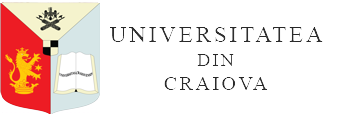Cognitive-evaluative Modeling of Two Different Interpretations of a Historical Event
DOI:
https://doi.org/10.52846/afucv.vi52.61Keywords:
cognitive-affective map, evaluative coherence, military conflict, Pearl HarborAbstract
How can one explain the success or persistence of an interpretation of a historical event, such as a military conflict? How can it be changed or replaced? Thesenquestions, to which historians tend to answer punctually and empirically, have in Paul Thagard's theory of evaluative coherence a possible normative answer: the success of an interpretation depends on the evaluative coherence of its relevant concepts, and its replacement by another interpretation is possible when the evaluative coherence of the latter is superior to the evaluative coherence of the former. Illustrating the use of these theses by modeling two different interpretations of the attack on Pearl Harbor is the purpose of this material.


